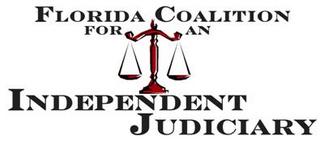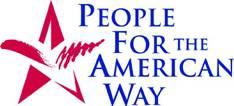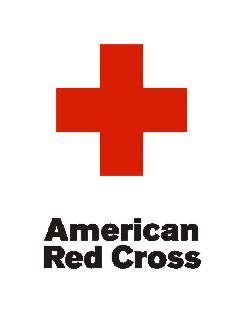Should Virginia's political bloggers adhere to a code of ethical conduct? And if so, will it set up a precedent for other political blogs in other states?
Bloggers Debate Code of Conduct for Political Sites
By Michael D. Shear
Washington Post Staff Writer
Thursday, September 1, 2005;
CHARLOTTESVILLE
Should Virginia's political bloggers adhere to a code of ethical conduct?
That question was posed at a first-of-its-kind conference last weekend hosted by the Sorensen Institute for Political Leadership at the University of Virginia.
Using a computer with Internet access and some simple Web-based software, anyone can create a blog, which allows commentary from the well-informed as well as from people who have little to add to public discussions.
(Full disclosure: I have a political blog of my own: http://blogs.washingtonpost.com/racetorichmond .)
On Saturday, more than 50 of the state's bloggers -- on the right and the left, the young and the old -- spent a day meeting each other and debating whether there is a need for a common moral compass for this new form of political communication.
The conclusion among many of them was that there is not.
Several said they view their blogs as extensions of their very personal voices. No one, they insisted, has any business telling them what they should say or how they should say it.
Those who held that view expressed exasperation at the idea that government would try to regulate blogs. "Have you ever heard of 'Congress shall make no law?' " one asked, referring to the first few words of the First Amendment and the constitutional protection of freedom of speech.
The prospect of regulation prompted a different response from some of the bloggers assembled at the Doubletree Hotel in Charlottesville.
Chris Piper , an official with the Virginia State Board of Elections, told the group that several lawmakers have approached his office with concerns about blogs. They alleged that the blogs were being used by their political opponents to spread lies and misleading information and were not meeting the state's rules on reporting expenditures made on behalf of candidates.
That kind of concern, Piper told them, often translates quickly into legislation.
Bloggers, Piper said, are required to put disclaimers on their sites if they become advocates for candidates or ballot measures. They can also be required to register as campaign agents if they reach spending thresholds.
Still, lawmakers could seek more regulation.
Some bloggers said the best way to head off that possibility is to create a voluntary code of conduct similar to ones in place for journalists, lawyers, real estate agents and other professionals. Bloggers who agree to follow the code might put a "seal of approval" on their sites, lending credibility to their discourse.
Several bloggers argued that such a code would have to be adapted to fit within the freewheeling format of blogs, which offer readers the opportunity for a back-and-forth discussion with little traditional reporting.
Jim Bacon , who runs one of the best Virginia blogs at http://www.baconsrebellion.blogspot.com/ , said after the conference that he is eager to convene a second meeting of bloggers.
"I am not -- repeat not -- suggesting that standards and business models be imposed on anyone. The blogosphere is too anarchic to control, even if anyone wanted to," he has written. "I am talking about a 'coalition of the willing,' so to speak, of those who aspire to take blogging to a higher plane."
Bacon said a group called the Creative Change Center in Richmond is willing to host a second conference.
It's probably a good idea.
The die-hard bloggers are right, in a sense. Their sites are extensions of their voices, and they are pretty much free to say whatever they could say on a street corner or in a pamphlet handed out in a park.
Just as the people on the street corner are free to walk away and those in the park can toss the unwanted pamphlet into the trash, blog readers are free to go elsewhere.
If Virginia's political bloggers want more influence and credibility, they should begin by earning reputations for telling the truth, being upfront about who they are, and treating their audiences with intelligence and decency.
That doesn't mean they need to dumb down or even lose the edgy and sometimes acerbic style that often keeps people coming back.
It does mean they need to learn how to balance those traits with ones that traditional reporters strive to uphold every day.
A code of conduct won't ensure that every blogger strikes the right balance. But it's a start.






